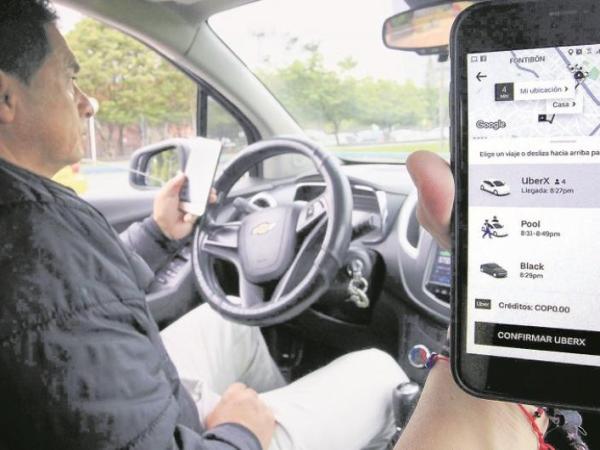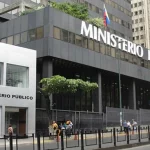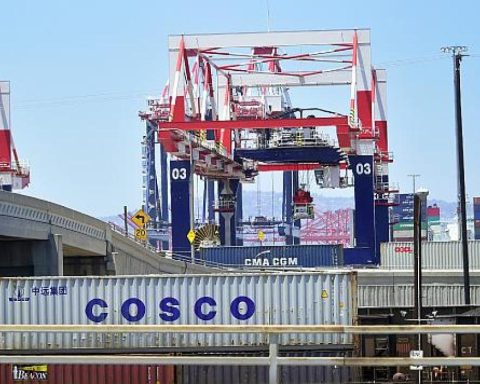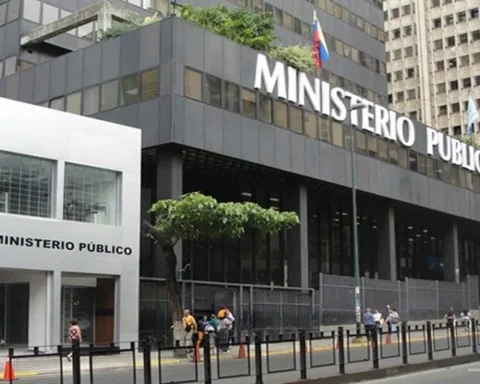In recent years, the growth of transportation platforms has been a constant globally. These apps have not only transformed the way people get around, but they have also have had a positive impact on the economy of many countries, by generating jobs and energizing sectors related to urban mobility.. However, despite the penetration of this business model, some governments, such as Colombia, have not managed to make significant progress in creating policies that regulate and legalize this type of services.
You can see: The profile of platform drivers in the country: their income, educational level and more
This regulatory lag has generated uncertainty among both users and drivers, who They face a legal vacuum that does not allow them to operate with complete security. Given this situation, the House of Representatives in Colombia has decided to present a statutory bill that seeks to respond to the need to regulate the use of transportation platforms in the country. The main objective of this project is “regulate the fundamental right to access, participate, benefit and enjoy scientific and technological progress to facilitate the right to free mobility”, according to the text of the project.
The project establishes that the right to mobility is not only linked to access to transportation, but also has an intrinsic relationship with other fundamental human rights. “It is a right that has an intrinsic relationship with human rights and the materialization of other fundamental rights. Therefore, the bill not only recognizes the aforementioned right, but also regulates its relations to facilitate the exercise of other rights and in particular the right to free mobility. Establishing a clear and express regulatory framework in relation to this right will put Colombia at the forefront of global legal systems that recognize scientific and technological progress as an opportunity to protect and guarantee other rights, as well as individual and economic social and economic development. collective”says the document.
The proposal also reaffirms the need to recognize the right to access the internet as part of this process, a measure that is considered essential for the development of any modern public policy. “Everyone has the right to freely take part in the cultural life of the community, to enjoy the arts and to participate in scientific progress and the benefits resulting from it.” is stated in the project, citing international principles that support this position. This right is directly linked to the need to democratize access to technological advances, so that they can benefit the entire society.
See also: Do you need to borrow money? inDrive Money arrived in Colombia and this is how it works
Uber Motorcycle
Uber
The central idea of the project is that recognizing the right to scientific and technological progress should not be limited to the field of education or science, but should be extended to the field of mobility, in which technology has an increasingly relevant role.. “Recognizing the fundamental right to enjoy the benefit of scientific and technological progress, within the framework of the exercise of free mobility, will imply better interaction between the different actors of the system and will facilitate these technological advances to be truly materialized in favor of economic and social, without depending on secondary regulations and interpretations that violate constitutional article 84.”explains the project.
Representative María del Mar Pizarro has been one of the main promoters of this initiative. She considers that the regulation of transport platforms is fundamental for the economy and the well-being of citizens, especially in cities like Bogotá, Medellín and Cali, where mobility conditions are increasingly complicated. “Many workers, and with the mobility conditions in cities like Bogotá, Cali, Medellín, etc., are not able to hold two meetings on a daily basis because we do not have really efficient mobility platforms. I believe that this is really closely linked to the dignity of people, but also to productivity. Therefore, it seems to me that helping users and entrepreneurs have more alternatives is also working around the country’s productivity.”says Pizarro.
According to the representative, transportation platforms not only benefit users, but also offer an important source of income for many Colombian families. “For the middle class this has become, and especially for women, a very important employment solution in a country where we have unemployment problems. I believe that one way to be able to study is to have my own car and work at night, one way to be able to be with my children and work is to have a car and still be able to pick up my children from school and take them to their activities. So for me this is also a tool so that the middle class can have a more successful and fuller life,” adds the congresswoman.
The importance of regulating this service, Pizarro argues, lies in the fact that the lack of legal clarity has left many drivers in a vulnerable situation. At this moment, there are more than 22 million active user accounts on transportation platforms in Colombia, which shows the enormous demand for this type of services. “We have been waiting for a long time for the legal limbo in which mobility platform drivers are found to be resolved. At this moment there are 22 million active user accounts, which means that this has become a necessity for many Colombians, especially those who live in large cities, those mothers who have several children and find it difficult to take public transportation. , or older adults who live far from a station,” says Pizarro.
Also read: Formalization and legalization of transport platforms is ‘we’ll see’

Uber.
Private file
In many cases, the transportation platform has become a daily solution for those who cannot depend on public transportation services, which are often inefficient or insufficient to meet the needs of the population. The ability to choose the type of vehicle and the convenience of using personalized service has been especially valuable for people who face difficulties with traditional transportation.
According to the text, the objective is to eliminate the regulatory barriers that exist today in the field of mobility and guarantee that new modes of transportation are not hindered by state intervention without legal basis. “If approved, the project will put Colombia at the forefront of recognizing the right of all people to benefit from scientific advances and technological innovations, without the authorities imposing barriers, as occurs in the new mobility modalities whose development and use “It is permanently hindered by state interventions, which have no legal basis or relevant constitutional justification,” affirms the project.
Thus, the debate on the regulation of transportation platforms in Colombia remains current, while Congress is expected to advance in the creation of a regulatory framework that guarantees access, security and equality for all actors involved. This bill seeks not only to regulate access to transportation, but also to take advantage of the opportunities that technology offers to improve the quality of life of citizens and strengthen the country’s economy.
PAULA GALEANO BALAGUERA
Portfolio Journalist


















